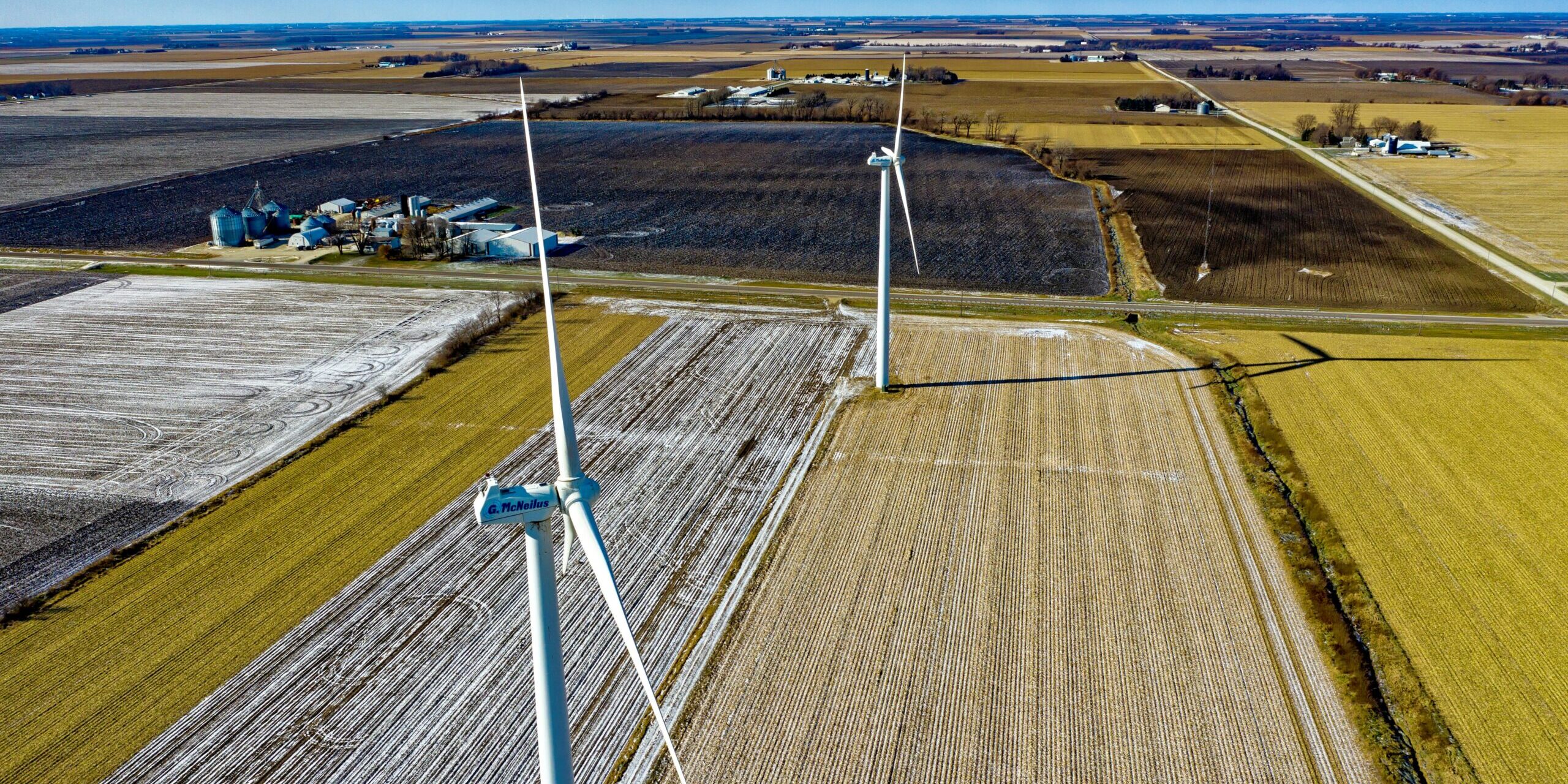Africa is undergoing a historic transformation in its energy landscape. With abundant solar, wind, hydro, and geothermal potential, the continent is increasingly recognized as a global frontier for renewable energy investment. As countries transition away from fossil fuels and seek to meet sustainable development goals, international investors are eyeing Africa’s “Green Gold”—its vast and largely untapped clean energy resources.
But entering this space requires more than capital and ambition. Investing in African renewable energy projects demands in-depth legal navigation, regulatory compliance, local engagement, and long-term strategy.
At CLG Plus, we work with global energy companies, impact investors, and development financiers to provide the legal infrastructure needed to invest responsibly, compliantly, and effectively in Africa’s clean energy future.
Why Africa’s Renewable Energy Sector Is Booming
1. Unmatched Natural Potential
Africa has:
- Over 10 terawatts of solar capacity potential
- Some of the world’s best wind corridors (e.g., in Kenya, Morocco, South Africa)
- Extensive hydroelectric prospects across central and eastern Africa
- Geothermal energy reserves in countries like Ethiopia and Kenya
2. Rising Energy Demand
Africa’s electricity demand is expected to more than double by 2040, driven by urbanization, industrialization, and population growth.
3. Falling Technology Costs
The costs of solar PV, battery storage, and small-scale wind systems are declining rapidly—making renewables economically viable across rural and urban Africa.
4. Policy Incentives and Climate Commitments
Most African countries have adopted Nationally Determined Contributions (NDCs) under the Paris Agreement. These include ambitious renewable targets and climate-smart infrastructure development.
Top Renewable Investment Hotspots in Africa
Some of the most active markets in 2025 include:
- South Africa: Renewable Energy IPP Procurement Programme (REIPPPP), green hydrogen pilot zones
- Morocco: Large-scale solar and wind export projects to Europe
- Kenya & Ethiopia: Geothermal energy development with public-private partnerships
- Egypt: Africa’s largest solar parks (e.g., Benban), strong foreign investor engagement
- Namibia & Mauritania: Green hydrogen and ammonia projects with EU backing
- Nigeria, Ghana, Rwanda: Off-grid and mini-grid solar expansion for rural electrification
CLG Plus supports investors and developers across these regions with sector-specific legal counsel.
Legal Considerations for Renewable Energy Investment in Africa
1. Land Use Rights and Project Siting
Securing land for solar farms or wind installations involves navigating:
- Government leases or concessions
- Customary land ownership systems
- Environmental and community impact clearances
We assist with:
- Drafting and negotiating land lease agreements
- Community consultation frameworks
- Compliance with local environmental laws
2. Licensing and Regulatory Approval
Most countries require:
- Generation licenses from national energy regulators
- Environmental Impact Assessments (EIAs)
- Interconnection agreements with state utilities
CLG Plus manages the full licensing process, ensuring compliance with:
- Electricity Acts
- Local Renewable Energy Frameworks
- Grid Code standards and energy procurement rules
3. Power Purchase Agreements (PPAs)
A legally secure PPA is the backbone of any renewable project. We help draft and negotiate:
- Tariff structures and indexation terms
- Currency risk protections and termination clauses
- Sovereign guarantees and off-taker risk mitigation
Whether it’s a government-backed utility or a private offtaker, we ensure your PPA is bankable and enforceable.
4. Cross-Border Finance and Investment Vehicles
Many renewable projects are funded by:
- Development Finance Institutions (DFIs)
- Climate funds and blended finance tools
- Private equity and venture capital firms
We support:
- Creation of Special Purpose Vehicles (SPVs)
- Structuring of foreign direct investment (FDI) in compliance with local laws
- Negotiation of shareholder agreements, loan security packages, and equity exit terms
5. Local Content and Community Benefit Compliance
Several African countries require foreign investors to:
- Partner with local firms or contractors
- Prioritize local employment and skills transfer
- Allocate project benefits to local communities
CLG Plus ensures that your investment strategy meets local content thresholds and complies with relevant legislation.
Risk Mitigation Through Legal Structuring
Investing in infrastructure comes with risk. But with proper legal frameworks, these risks can be managed.
We help with:
- Investment treaty protections (under BITs or AfCFTA frameworks)
- International arbitration clauses and dispute resolution planning
- Structuring for tax optimization and repatriation of profits
- Reviewing force majeure clauses in the face of climate or political instability
CLG Plus: Your Legal Partner for Sustainable Energy Investment in Africa
At CLG Plus, we understand the legal nuances of Africa’s evolving energy sector.
We offer:
- Pan-African legal coordination for multi-country projects
- In-country legal representation and licensing support
- Contract negotiation and enforcement services
- ESG and compliance advisory aligned with EU and global standards
Whether you’re investing in a solar microgrid in West Africa or a large-scale hydrogen facility in Namibia, CLG Plus provides the legal foundation for sustainable, impactful returns.







